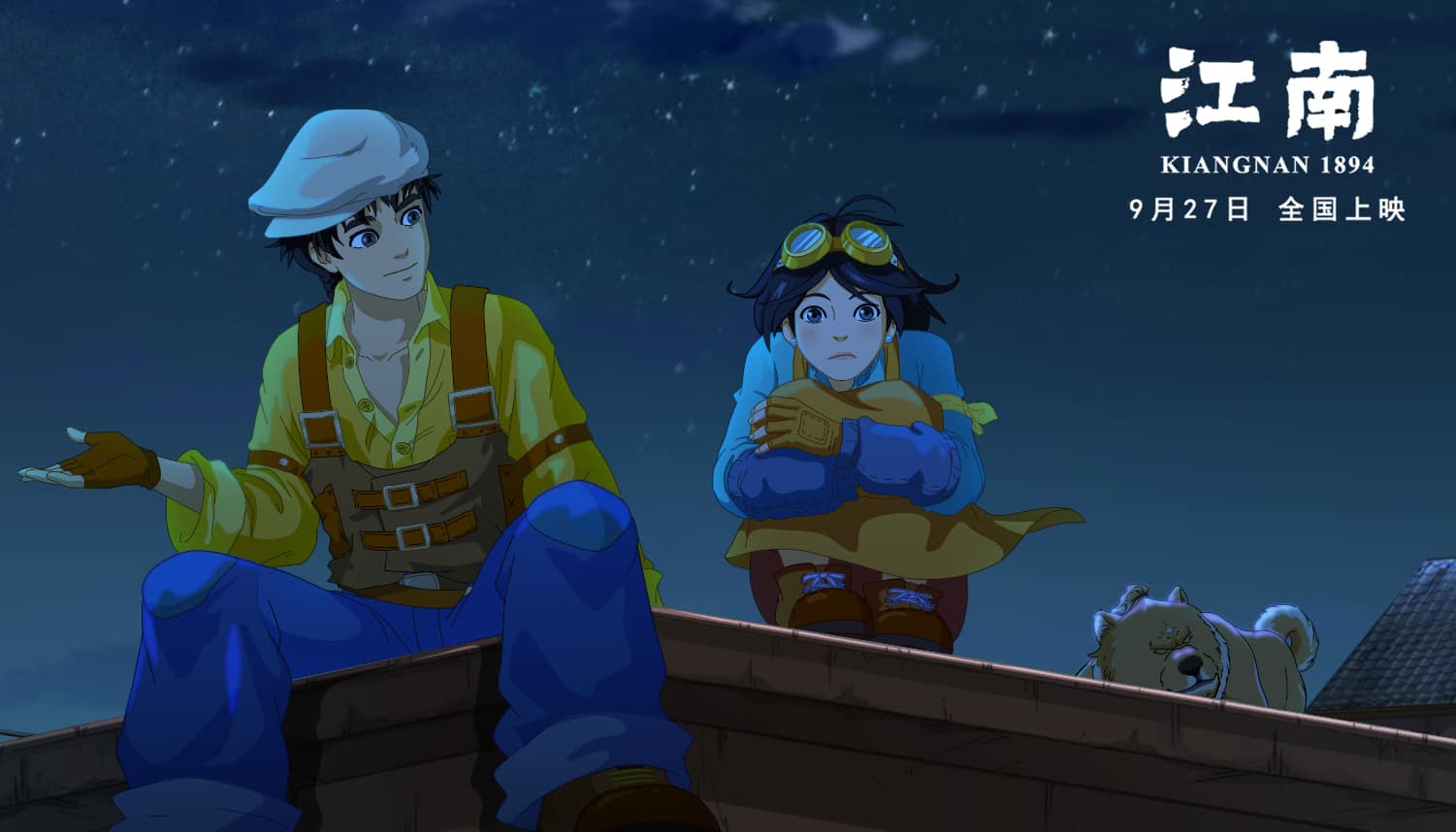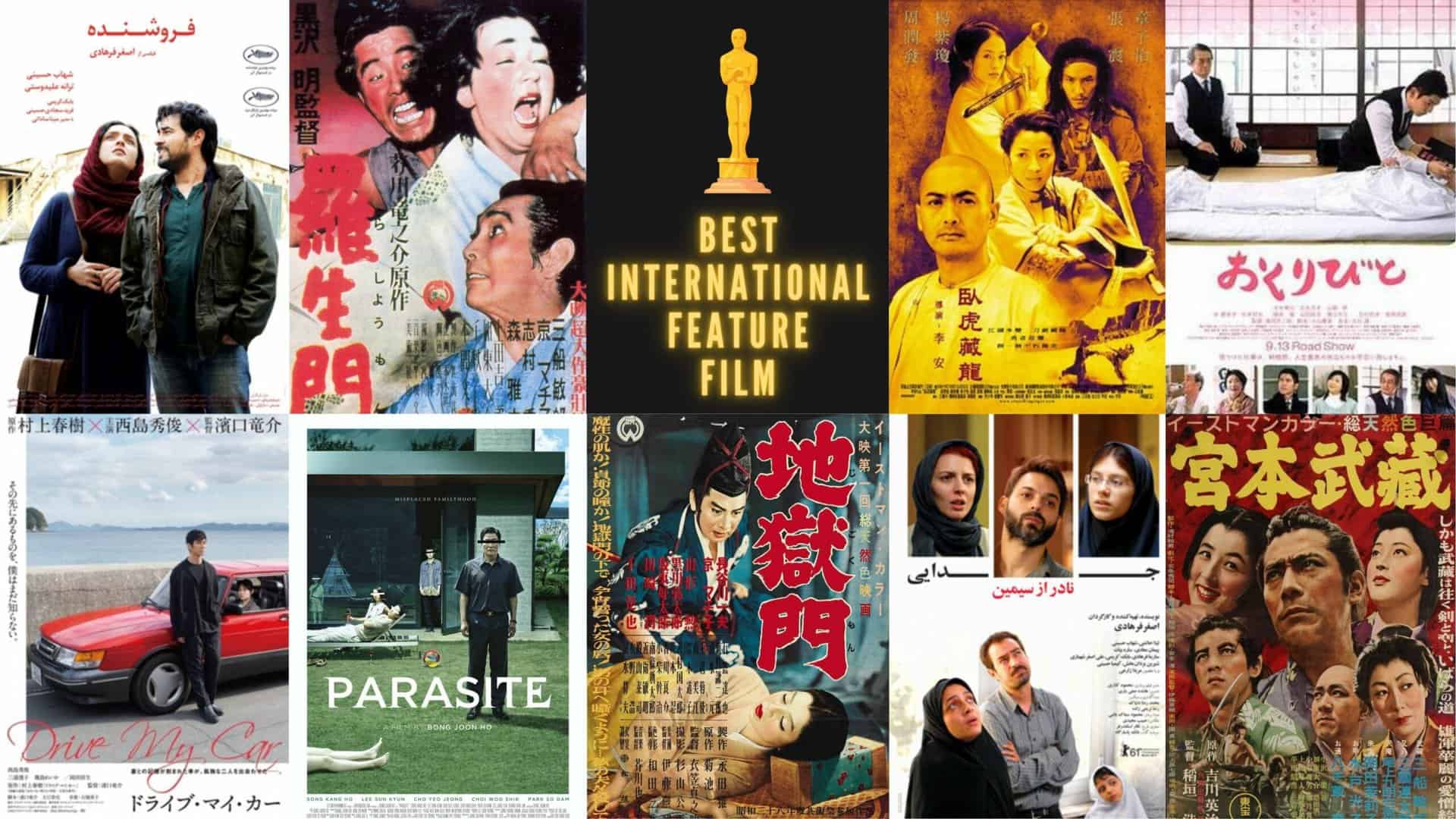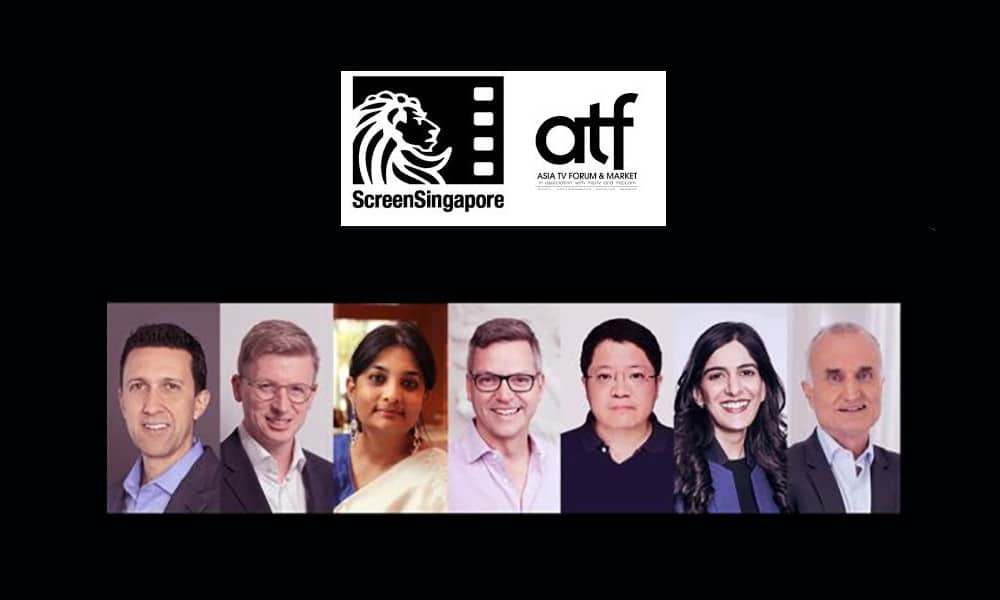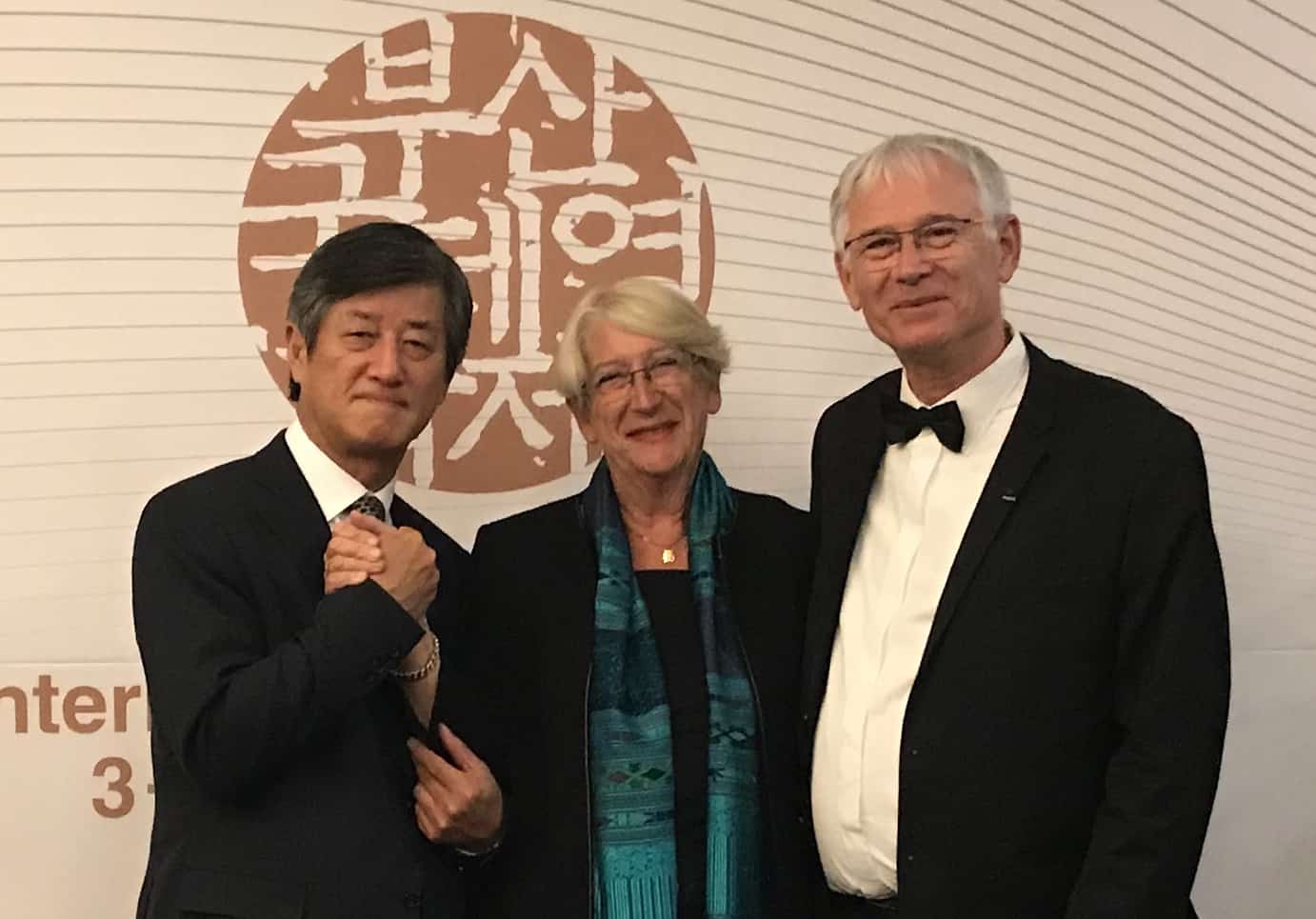Registration for the course “Film Criticism – Long Written Forms. Film Analysis, Essay ane Review” is now open. Applications can be submitted until August 20.
Do journalist skills come in handy while organizing a film festival? How to avoid boring, stereotypical questions while interviewing a filmmaker? How to introduce a film without giving away its ending? How to write effective press releases and work with the media? How to create promotional texts and manage social media content? What do you need to know to put together an exciting video essay and record an inspiring podcast?
These are just some of the topics that will be raised during the Asian Cinema Education International Course in Film Journalism and Criticism, the first open online course of the kind. Its creators believe that it will invite its participants on a fascinating journey, inspiring them to continue their professional popularization of Asian cinema, which is still not receiving enough attention worldwide.
The course consists of 40 webinars, divided into three thematic parts. Part one is devoted to the analysis and interpretation of Asian films and longer written forms. Part two focuses on journalistic skills needed while working for a film festival. Part three is a fascinating journey in time, the history of film journalism on Asian cinema.
Courses
Film Criticism – Long Written Forms
Available from September 1
Open Call: August 1 – 20, 2021
Registration form
Film Analysis, Essay and Review
There is a number of different aspects to film analysis and many forms of film criticism. Being a critic does not necessarily mean criticizing. It is all about connecting the dots: the cultural contexts, production background and contexts, or the author’s biography.
The course addresses film criticism from a variety of different perspectives, ranging from visual style, film style, production values, script reading, narrative or character perspectives, to political or socio-economic contexts. Participating in fifteen expert webinars is a unique chance to learn how to analyze and talk about a film without imposing a subjective interpretation, instead of providing the readers with tools allowing them to discover meanings on their own. It is also a collection of practical tips for aspiring film critics, from the structure of the text to pro tips on how to deal with a potential publisher. Active involvement in the course gives you the opportunity to consult your work and ideas with experienced critics and film festival organizers, ask your burning questions, and meet passionate Asian film lovers from around the world!
Course program
- Film Analysis. Visual Style: Colors & Lighting – Łukasz Mańkowski
- Film Analysis. Visual Style: Framing & Movement – Łukasz Mańkowski
- Film Analysis. Production Values: Setting & Costumes – Łukasz Mańkowski
- Film Analysis. Post-Production: Editing & Sound – Łukasz Mańkowski
- Film Analysis. Political and Cultural Contexts – Łukasz Mańkowski
- Film Analysis. Narrative – Łukasz Mańkowski
- Film Analysis. Characters – Łukasz Mańkowski
- Film Analysis. Auteurs, Genres, and Japanese Cinema – Tom Mes
- Those Crazy Japanese – Avoiding Stereotypes in Writing about Films – Eija Niskanen
- The History of Stereotypes on Asian Characters in the Mainstream Hollywood Cinema – Jasper Sharp
- How to Write an Essay – Marcin Krasnowolski
- How to Write a Review – Panos Kotzathanasis
- Editing Skills: How to Interact with Your Editor-in-Chief. How to Interact with Your Writer. Two Perspectives – Panos Kotzathanasis
- Experts Comment on Participants’ Essays and Reviews. Part One – Łukasz Mańkowski (available from October 29)
- Experts Comment on Participants’ Essays and Reviews. Part Two – Panos Kotzathanasis (available from October 29)
Registration form
Festival Skills – Short Written and Non Written Forms
Available from October 1
Open Call: September 1 – 24, 2021
Communication and Audience Development
Festivals play an important role in the life cycle of a film but are equally important for film critics. New talents find an audience there, like-minded people from different places meet. Not only is it a place for film critics and journalists to broaden their horizons, but they often also work for festivals, e.g. with the press office or as editors.
The course focuses on a number of different aspects related to both these sides. We look at how to conduct interviews, how to cover a festival, the challenges of online film criticism. But as festivals can be a daunting place, especially on a first visit, we also go into the practical side of things. While working at a festival, the tasks that journalists take up can be very varied, from writing press releases, promotional texts, or texts for the website to introducing films and even making video essays. The course explores all these in detail and teaches how to find one’s audience both as a film critic and as the festival itself.
Course program
- Short Film Descriptions for Promotional Purposes, Taglines, Nancy Fornoville
- Introducing Films to the Audience – Nancy Fornoville
- Managing Social Media Content – Nancy Fornoville
- Video essays – Nancy Fornoville
- Level up as a Film Critic. Tips for Beginners (FIPRESCI, Netpac) – Nancy Fornoville & Panos Kotzathanasis
- Audience Development – Nancy Fornoville & Panos Kotzathanasis
- How to Conduct an Interview – Marcin Krasnowolski
- How to Write an Effective Press Release – Nancy Fornoville
- How to Work as an Online Critic – Panos Kotzathanasis
- Q&A Sessions during the Festivals – Eija Niskanen
- Press Junkets – How to Act as the Organizer and How to Act as the Journalist – Eija Niskanen
- How to Cover the Festival – Eija Niskanen
- Writing for Festival Website: Film Descriptions, News, Headlines – Eija Niskanen
- Expert Comment on Participants’ Assignments. Part One – Nancy Fornoville (available from November 29)
- Expert Comment on Participants’ Assignments. Part Two – Eija Niskanen (available from November 29)
Journalism on Asian Cinema
Available from November 1
Open Call: October 1 – 22, 2021
Its history and contemporary challenges
The basic premise is to chart the evolution of both Asian cinema and critical appraisal of Asian cinema, looking at the films and the people who have taken Asian cinema to the world – and digging into how they have done so. The end result should provide attendees with both a solid grounding in the history of Asian cinema and the foundations needed to critically appraise Asian cinema. The course is hosted by Mathew Scott, Asia-based writer and editor, who initiated the Far East Film Festival Campus for young journalists in Udine, Italy, an educational programme and cultural exchange which each year hosts aspiring writers from Asia and from Europe.
Course program
- Introductory Session
- The History of Asian Cinema (1900 to 1960): From the First Filmmakers in the Early 1900s and the First Films to Emergence of Major Studios
- The History of Asian Cinema (1960 to Now)
- When East Meets West: A look at the History of Film Criticism
- Movers and Shakers: A Deep Dive into a Selection of Films, Filmmakers and Critics from Asia
- Far East, Far Out: A Look at the Theme of “Exoticism”
- Festivals … and Beyond: The Emergence of Festivals Across Asia
- Then and Now: How Retrospectives and Archives Are Preserving the History of Asian Cinema
- Talking Asian Cinema: How to Formulate Thoughts into Discussion and into Written Form.
- Course Summary: Expert Comment on Participants’ Assignments (available from December 29).
Important information
Who can participate in the courses?
The course is open to everyone interested in talking and writing about Asian cinema – future film journalists, bloggers, critics, members of selection committees, festival organizers, and Asian cinema enthusiasts. We invite people of all ages who want to develop their interests, gain new skills and get to know Asian cinema.
What are the requirements for completing the course?
To complete the course and receive a participation diploma, you have to write an assignment: a film description, an essay, or a review, and present it to the expert in charge of the course. The assignment, in its final form, should be accepted by the expert. The best works will be published.
How long does the course last?
The courses will be available:
- Film Criticism – Long Written Forms – from September 1, 2021
- Festival Skills – Short Written And Non-Written Forms – from October 1, 2021
- Journalism on Asian Cinema – from November 1, 2021
Deadlines for submitting the course assignments:
- Film Criticism – Assignment deadline: October 15, 2021
- Festival Skills – Assignment deadline: November 15, 2021
- Journalism on Asian Cinema – Assignment deadline: December 15, 2021
Webinars with experts’ comments on the assignments handed in throughout the course will be made available:
- Film Criticism – on October 29, 2021
- Festival Skills – on November 29, 2021
- Journalism on Asian Cinema – on December 29, 2021
What is the language of the course?
All webinars are conducted in English only – this is the working language of the whole course.
How much does it cost to participate in the course?
Participation in the course is free of charge
Registration
To actively participate in the course, you need to fill in the registration form with the necessary data and write a short comment on a film of your choice. The registration deadlines are as follows:
- Film Criticism – registration: August 1-20, 2021
registration form - Festival Skills – registration: September 1-24, 2021
- Journalism on Asian Cinema – registration: October 1-22, 2021
You can register for one, two or three parts of the course. Participating in each part will require a separate registration. The registered participants will be able to interact with the lecturers and their works will be assessed and commented on by the experts.
You can also watch all the webinars without registering.
Contact
Questions? Please contact us!
Terms and Conditions
Participation in the course requires acceptance of Terms and Conditions














